CaptainNapalm
No longer a newbie, moving up!
- Joined
- Nov 27, 2012
- Messages
- 796
- Reaction score
- 143
- Location
- Toronto, Ontario, Canada
- Can others edit my Photos
- Photos OK to edit
Hello Everyone. I'm new to this forum, just wanted to say hello to everyone and ask a question which I'm hoping those of you with some experience can help me answer.
In the past few years I developed a growing interest in photography and lately it has become my main hobby. I enjoy taking lots of photos on vacations and then using software such as PSE for touchups and organizing. I have owned several point and shoot cameras in the past ten years with my current one being what they call a bridge camera Canon Powershot SX40 HS. I am now looking to upgrade to a DSLR, still deciding which one to go with but this is a separate topic.
I would like to learn more about photography and using SLR cameras properly and to their full potential so I have two options. I can either invest in a book or two and self teach myself at my own pace or enroll in self-interest photography courses where there are instructors. Obviously the courses will be more expensive but Im wondering if they will be more effective and worth the money. For those of you more experienced with photography and your SLRs, would you recommend taking courses or do you believe that with time and the correct references and books one can learn all they need to know on their own?
My near future goals are to learn more about photography and how to use the SLR camera to its full potential. I have always been told I have an eye for taking great pictures so depending on how I continue to like the hobby and how good I get at it, possibly in the more distant future I would consider being a part time photographer to supplement my income while maintaining my full time job. Given those goals, would you guys recommend self interest courses or books? Thanks in advance for taking the time!
Captain
In the past few years I developed a growing interest in photography and lately it has become my main hobby. I enjoy taking lots of photos on vacations and then using software such as PSE for touchups and organizing. I have owned several point and shoot cameras in the past ten years with my current one being what they call a bridge camera Canon Powershot SX40 HS. I am now looking to upgrade to a DSLR, still deciding which one to go with but this is a separate topic.
I would like to learn more about photography and using SLR cameras properly and to their full potential so I have two options. I can either invest in a book or two and self teach myself at my own pace or enroll in self-interest photography courses where there are instructors. Obviously the courses will be more expensive but Im wondering if they will be more effective and worth the money. For those of you more experienced with photography and your SLRs, would you recommend taking courses or do you believe that with time and the correct references and books one can learn all they need to know on their own?
My near future goals are to learn more about photography and how to use the SLR camera to its full potential. I have always been told I have an eye for taking great pictures so depending on how I continue to like the hobby and how good I get at it, possibly in the more distant future I would consider being a part time photographer to supplement my income while maintaining my full time job. Given those goals, would you guys recommend self interest courses or books? Thanks in advance for taking the time!
Captain



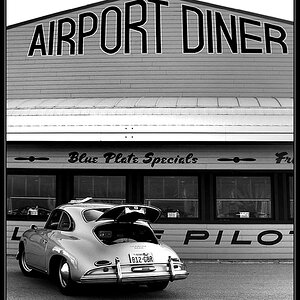

![[No title]](/data/xfmg/thumbnail/37/37245-5f15b292311b21913f10cc41f40682ba.jpg?1619737952)

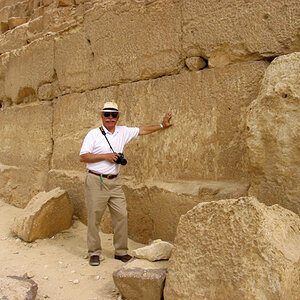
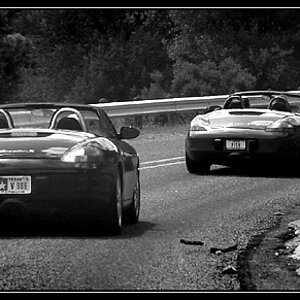
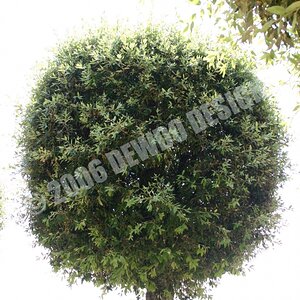

![[No title]](/data/xfmg/thumbnail/40/40307-b3813381d3c1ef8282c72905405b50fe.jpg?1619739413)
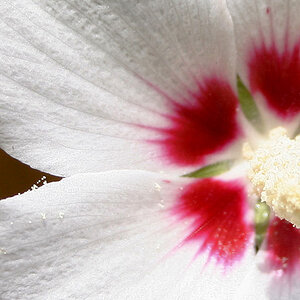
![[No title]](/data/xfmg/thumbnail/38/38444-6063bb59cb410c520a1ccccbe58db9c7.jpg?1619738614)